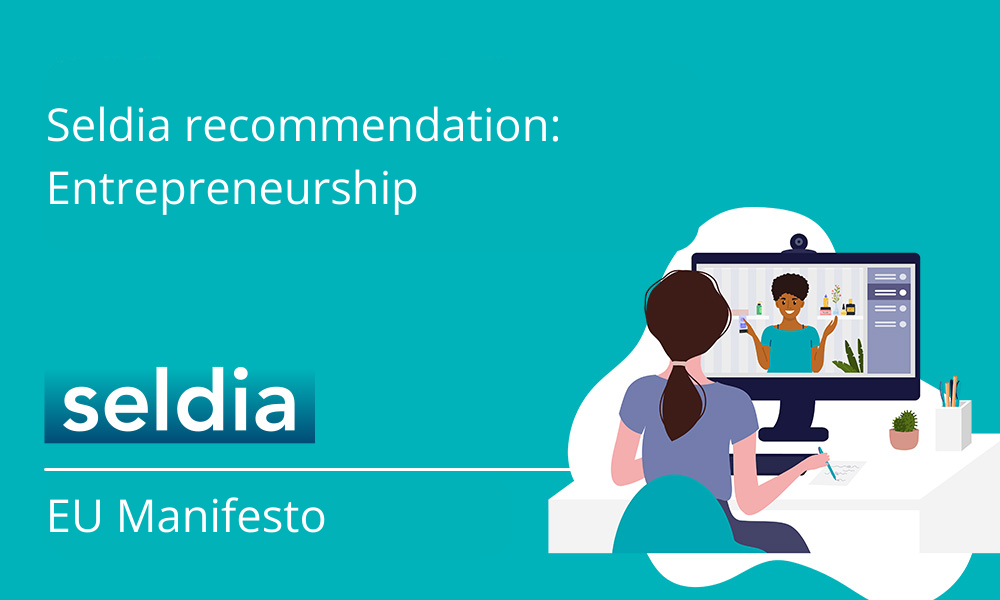For the 2024-2029 mandate of the EU Institutions, Seldia, the European Direct Selling Association, presents a set of recommendations to enhance the competitiveness of the Single Market.
One of our core priorities is the need for more support and recognition for microentrepreneurs.
Micro-entrepreneurship is vital for economic growth, job creation, and social inclusion across the EU. It empowers individuals to launch small-scale businesses, often from their homes, and provides a stepping-stone towards economic independence. Direct Selling, which involved 6 million European entrepreneurs, is a great example of micro-entrepreneurship.
However, despite its benefits, micro-entrepreneurship faces several challenges in the EU:
- Regulatory Uncertainty: Micro-entrepreneurs often fall into grey areas within existing regulations, leading to uncertainty about their legal status.
- Lack of Access to Resources: Many micro-entrepreneurs, especially those starting small businesses, often struggle to obtain essential funding, training, and resources.
- Bureaucratic Barriers: Complex regulations and bureaucratic processes can discourage individuals from pursuing self- employment.
To address these challenges and support the grow of entrepreneurship and micro-entrepreneurship, Seldia proposes the following recommendations:
- Recognise Self-employment Status: Establish clear definitions and legal frameworks to recognize micro-entrepreneurship and self-employment, providing legal certainty and encouraging more individuals to start their own business.
- Stakeholder Engagement: Foster dialogue among stakeholders, including Direct Selling associations, policymakers, and entrepreneurs, to identify and address barriers to micro-entrepreneurship.
- Remove Barriers: Simplify regulatory processes and eliminate barriers that discourage micro-entrepreneurs, making self-employment more accessible.
- Supportive Measures: Implement tax incentives and supportive programs offering funding, training, and resources to entrepreneurs to help individuals build successful businesses and contribute to the broader economy.
- Inclusive Policies: Promote policies that encourage entrepreneurship among underrepresented groups, emphasizing social inclusivity.
For more detailed information on these recommendations, the full Seldia manifesto for the 2024-2029 mandate of the EU Institutions is available here.




